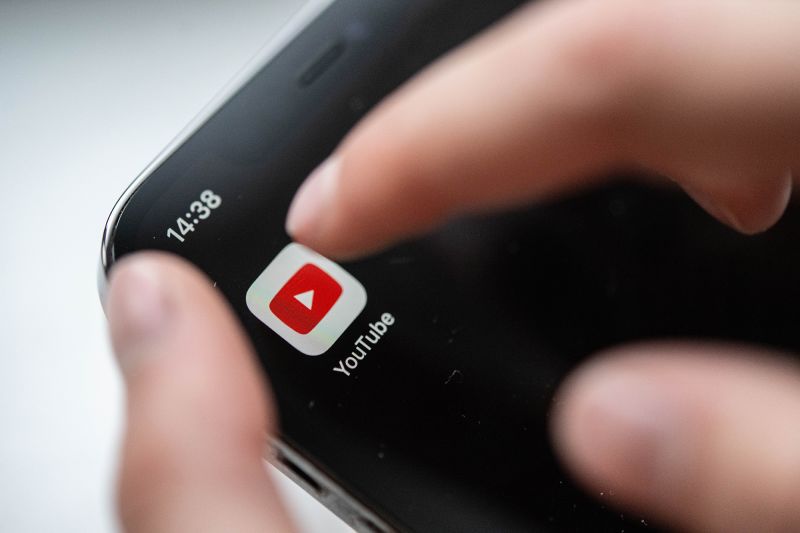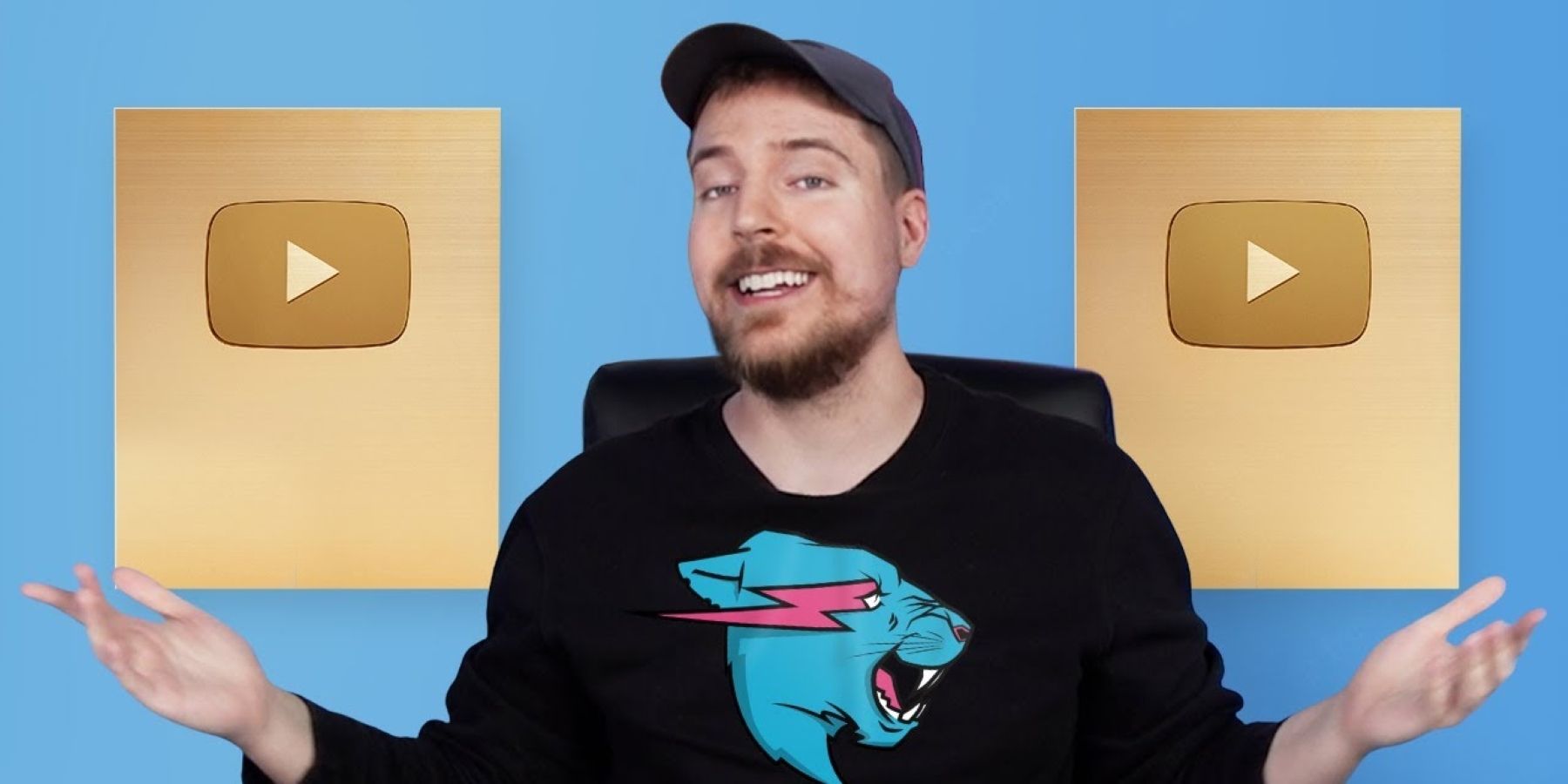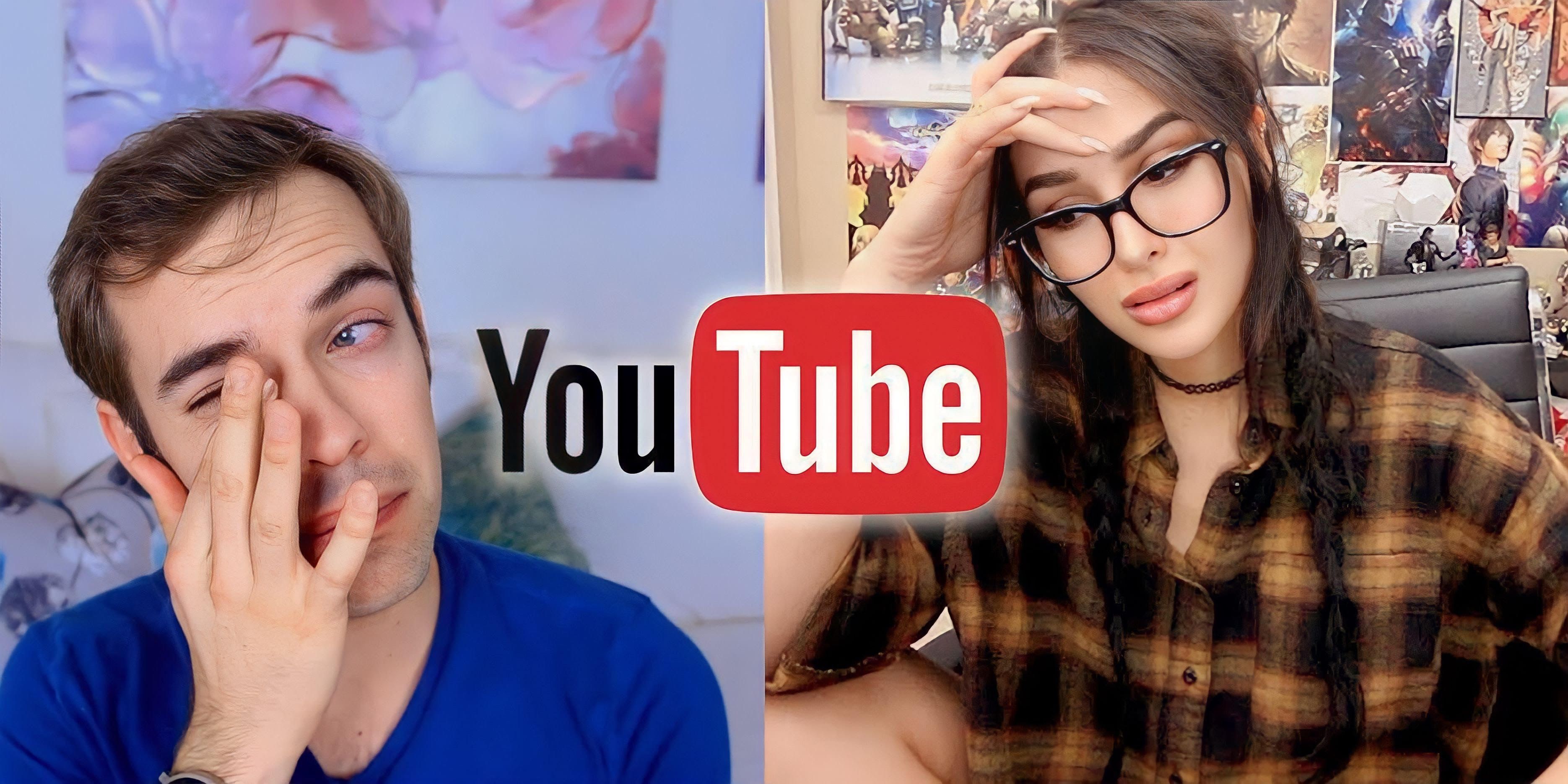
YouTube to Introduce Labels for AI-Generated Content to Enhance Authenticity

YouTube to introduce labels for AI-generated videos to ensure transparency and prevent viewer deception
YouTube will soon mandate disclosures on videos that feature content produced by artificial intelligence (AI) and have the potential to deceive viewers. The platform, which is owned by Google, has historically banned content that is technologically altered and could mislead viewers, as it could result in significant harm. However, YouTube has recently announced a policy revision, stating that creators will now need to include labels when they upload content that incorporates "realistic manipulated or synthetic content, utilizing AI tools."
The policy aims to prevent users from experiencing confusion due to the presence of synthetic content, given the rising number of user-friendly generative AI tools that can effortlessly produce engaging text, images, video, and audio, often challenging to differentiate from genuine content.
According to a blog post by YouTube Vice Presidents of Product Management Jennifer Flannery O'Connor and Emily Moxley, the new labels will only be mandatory for AI-generated or synthetic content that appears "realistic." This encompasses videos that portray events that never occurred in a realistic manner or content featuring individuals falsely appearing to say or do something.
skynesher/E+/Getty Images
Flannery O'Connor and Moxley emphasized the significance of this issue, particularly when the content revolves around sensitive subjects like elections, ongoing conflicts, public health crises, or public officials.
Concerns have been raised by digital information integrity experts about the potential increase in deceptive content being shared on social media and the internet due to the rise of generative AI tools. The upcoming 2024 elections in the United States and other countries could be particularly vulnerable to this technology.
To enhance transparency, YouTube has recently implemented new regulations regarding AI-generated content. TikTok has also introduced a labeling system to identify AI-generated content, specifically asking users to disclose when "realistic scenes" are created or edited using AI. In addition, Meta (the parent company of Facebook and Instagram) announced that political advertisers will be required to disclose any use of AI in their advertisements.
YouTube's new disclosure policy follows the introduction of several AI-powered tools in September. These tools assist creators in producing videos and expanding their audience on the platform. For instance, creators can now incorporate AI-generated video or image backgrounds to vertical videos, as well as utilize tools for video outlines.
According to a spokesperson for the platform, the option to include an AI-generated disclosure label will be integrated into YouTube's video uploading process, beginning early next year. Typically, these labels will be displayed in the description panels of videos. However, for specific content that tackles sensitive subjects, the labels will be more prominently featured within the video player. Additionally, content produced using YouTube's generative AI tools will be clearly labeled as such.
A child operates a smartphone showing a YouTube app.
Marijan Murat/picture alliance/dpa/Getty Images
YouTube to stop repeatedly recommending certain types of content to teen users
YouTube warns that users who do not adhere to the new regulations will be held responsible. Creators who consistently fail to use the new label on synthetic content that should be disclosed according to the new policy may face penalties such as having their content removed or being suspended from YouTube's Partner Program, which allows creators to monetize their content. The platform also states that synthetic or AI-generated content that goes against its community guidelines will be subject to the same restrictions or removals as other videos.
In addition to this, YouTube announced on Tuesday that it will now accept requests for the removal of AI-generated or manipulated content that replicates a recognizable individual, including their face or voice, through its privacy request process. This change is in response to concerns about the increasing occurrence of AI-generated, non-consensual sexual imagery and other content that manipulates people's faces and voices.
YouTube will take into account several factors, such as the comedic nature of the content or the presence of a prominent individual, when determining whether to honor a user's request for content removal. Additionally, music partners on the platform can also ask for the deletion of AI-generated music that imitates the distinct vocal style of particular artists.














